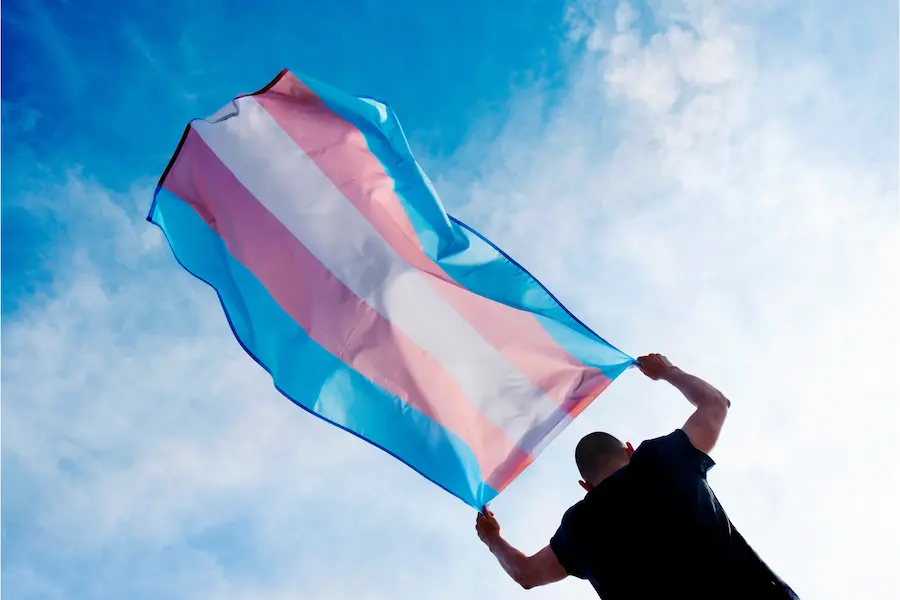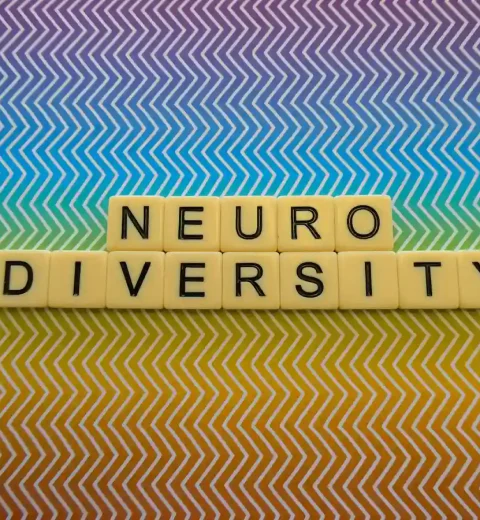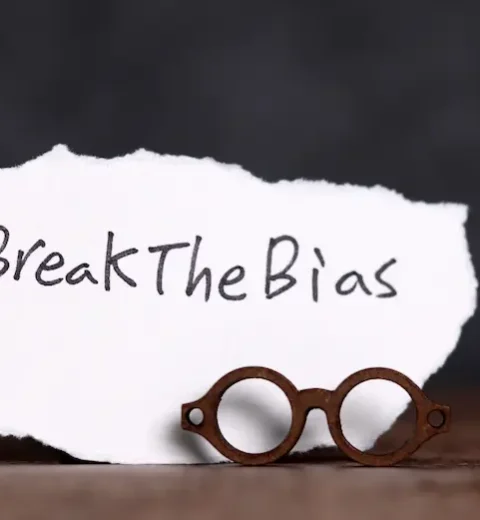Discrimination and Bias Faced by Transgender Individuals During Job Interviews
Transgender individuals face a unique set of challenges when it comes to the job application and interviewing process. Discrimination and bias based on gender identity can have a significant impact on a transgender individual’s ability to secure employment. Studies have found that transgender individuals are more likely to experience negative outcomes during the job application and interviewing process, such as being overlooked for positions, receiving fewer callbacks for interviews, and being subject to more intense questioning during the interview. This discrimination and bias can lead to transgender individuals being denied employment opportunities, even if they are qualified for the position.
Transgender individuals also face a unique set of challenges when it comes to the job application and interviewing process. From the moment they submit their application, transgender individuals may face discrimination and bias based on their gender identity. This can manifest in subtle ways, such as an employer asking inappropriate questions about a transgender individual’s gender identity, or in more overt ways, such as an employer refusing to consider a transgender individual for a position. This discrimination and bias can lead to transgender individuals being denied employment opportunities, even if they are qualified for the position. This can have a significant impact on a transgender individual’s ability to secure employment and can lead to a cycle of unemployment and poverty.
Challenges with Disclosure of Transgender Identity During Job Interviews
Transgender individuals face a number of unique challenges when applying for and interviewing for jobs. One of the most difficult aspects of the process is the disclosure of their transgender identity. Navigating the decision to disclose can be a difficult and anxiety-provoking process. Individuals may fear being judged or discriminated against if they disclose their transgender identity, leading many to remain silent. This can be particularly difficult when applying for jobs, as they may be asked about their gender identity or history, or be asked to provide documents that list their gender identity.
In addition to the fear of discrimination, transgender individuals may also experience feelings of guilt or shame about their identity. This can lead to difficulty in disclosing their identity or speaking about it during the job interview. Furthermore, disclosing one’s transgender identity can lead to further questioning about their experience and history, which can be difficult and uncomfortable to answer. All of these challenges can lead to difficulty in obtaining and maintaining employment, leading to further disparities in employment for transgender individuals. It is important that employers create a safe and respectful environment for all applicants, regardless of gender identity or expression. This can help make the process of disclosure easier for transgender individuals, and can lead to greater economic stability and opportunities for the transgender community.
Unconscious Bias and Stereotyping in Job Interviews
Unconscious bias and stereotyping can have a substantial impact on the job interview process for trans people. Unconscious bias occurs when a person makes a judgement based on their own beliefs and experiences. This can lead to trans people not being considered for a job and not being given a fair chance. For example, an employer might assume that a trans person is not capable of doing a certain job or that they will not fit in with the team. Unconscious bias can also lead to trans people not feeling comfortable during an interview. They may feel like they are being judged for their identity or be treated differently than other candidates.
Stereotyping is another issue trans people face during job interviews. Stereotyping refers to when a person is judged based on their identity rather than their qualifications or abilities. Stereotyping can lead to trans people not being taken seriously or not being given an equal opportunity to showcase their skills and abilities. This can lead to trans people not being hired for the job or feeling like they were not given a fair chance. Stereotyping in job interviews can also lead to trans people feeling like they were not taken seriously or treated with respect.
Microaggressions and Misgendering in Job Interviews
Microaggressions are a form of discrimination that can be experienced by trans people during job interviews. Microaggressions can range from subtle comments to outright discriminatory language. During job interviews, trans people may experience microaggressions such as being asked invasive questions about their gender identity, being questioned about their “real” name or pronouns, or being excluded from conversations about gender identity. These microaggressions can be extremely damaging to a trans person’s self-esteem and can prevent them from feeling comfortable in the job interview process.
Misgendering is another form of discrimination that trans people may experience during job interviews. Misgendering occurs when someone uses a pronoun that does not match the gender identity of the person they are speaking to. This can be especially damaging for trans people who are already vulnerable in the job interview process. Misgendering can also send a message to trans people that they are not respected or seen as their true selves, which can be damaging to their self-esteem and can make them feel unwelcome in the job interview process.



